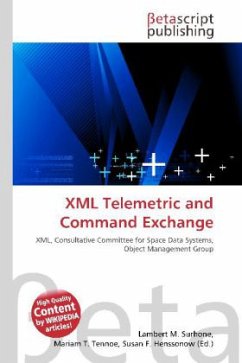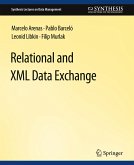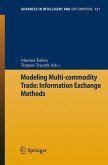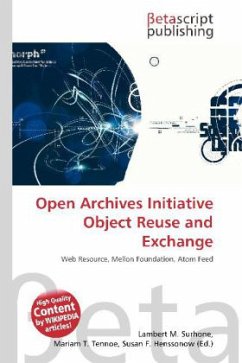Existing e-marketplaces are fragmented in the sense that each is an information island. The interoperation of product information between them is difficult especially in semantic level. This hinders global e-marketplace formation and distribution cost lowering. The traditional approaches of product standardization and ontology mediation could solve the problem only if all e-marketplaces could adopt the same product standards, or mediation systems could mediate all heterogeneous e-marketplaces without semantic conflicts. However, these are often the missions impossible. A reflection of the issue is that there are millions of autonomous ad hoc electronic product catalogues (EPCs), where each EPC is a semantic community, often not aware of standards and mediation systems. This book provides a novel Collaborative Concept Exchange (CONEX) approach to semantically integrating ad hoc EPCs based on a newly developed Product Map theory and a three-layer CONEX Information Model. CONEX is pioneer in introducing collaboration as a semantic consistency maintenance mechanism for e-business interoperation and helpful for future research in the area of semantic integration and interoperability.
Bitte wählen Sie Ihr Anliegen aus.
Rechnungen
Retourenschein anfordern
Bestellstatus
Storno








